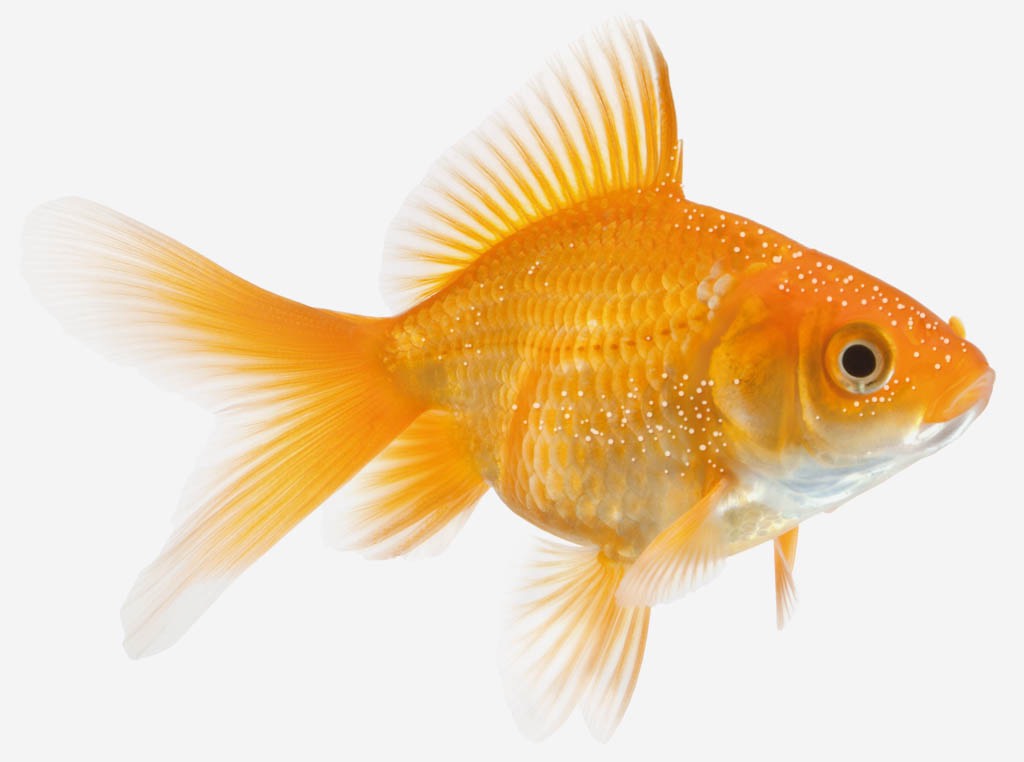The underwater world is teeming with exquisite beauty and diverse marine life. Among the myriad of fascinating creatures, fish occupy a prominent place. These graceful beings possess a unique charm, but their captivating exteriors often hide unseen threats.
One such danger is the presence of internal parasites in fish. These tiny organisms, which dwell inside the bodies of fish, can cause severe harm if left unchecked. Like silent invaders, they harm their hosts from within.
But what exactly are internal parasites? Well, think of them as uninvited guests that feast on fish from within, affecting their health and well-being. These parasites vary in shape, size, and type, but they all share a common trait – they thrive at the expense of their hosts.
Internal parasites can enter a fish’s body through various means. Some parasites lay eggs in water, which are then ingested by fish during their daily activities. Others are acquired when fish consume prey that is already infected. It’s a cycle of infection that can be difficult to break.
Once inside a fish, these parasites attach themselves to different organs or tissues, disrupting their normal functions. They can wreak havoc on the digestive system, causing loss of appetite and weight loss. Immune system suppression is another common consequence, making the affected fish more susceptible to other diseases.
It is essential for us, as responsible fishkeepers, to be aware of the signs that indicate the presence of internal parasites. Look out for a change in the fish’s behavior, such as increased scratching against objects or flashing. Reduced activity levels, accompanied by loss of color or appetite, may also be indicators of infection.
But how can we protect our fish from these internal invaders? One way is by providing a clean and well-maintained environment. Regular water changes and careful monitoring of water quality can help prevent the spread of parasites and minimize their impact.
Feeding our fish a balanced diet is equally important. Healthy, well-fed fish have a stronger immune system, which can better defend against parasites. In some cases, adding natural remedies, like garlic or certain herbs, to fish food may also help deter parasites.
When it comes to treatment, there are medications available specifically designed to combat internal parasites in fish. These medications, when used as directed, can eradicate the parasites and restore the health of infected fish. However, it is crucial to consult an aquatic veterinarian or an experienced fish hobbyist before using any medication.
Remember, prevention is always better than cure. Regular observation and proactive measures can go a long way in protecting our finned friends from internal parasites. By creating a conducive environment and maintaining a healthy diet, we can ensure that our fish remain vibrant and free from these hidden dangers.
Internal parasites in fish are a serious threat that can negatively impact their health and vitality. These hidden invaders can disrupt the normal functioning of fish and make them more vulnerable to other diseases. By being vigilant, proactive, and well-informed, we can take the necessary steps to protect our fish from these internal parasites. After all, a healthy and thriving aquatic ecosystem starts with the well-being of its inhabitants.








